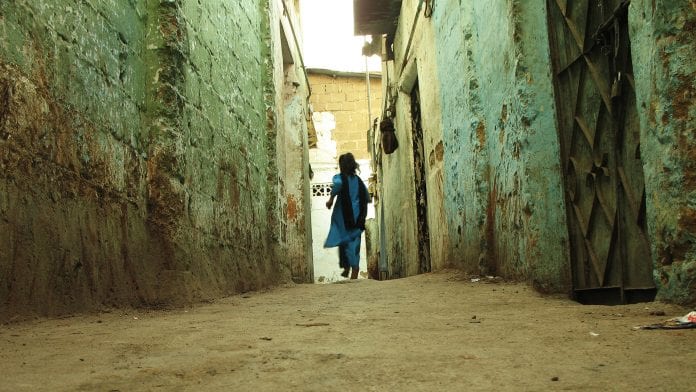
A global call to eradicate virginity testing, which is medically unnecessary & often painful, has been announced by United Nations agencies.
Virginity testing, a gynaecological examination conducted with the belief that it determines whether a woman or girl has had vaginal intercourse, must end, says UN Human Rights, UN Women and the World Health Organization (WHO). Making a joint statement during the World Congress of Gynaecology and Obstetrics, United Nations agencies announced for this humiliating and traumatic practice to be banned.
The history of virginity testing
Virginity testing is an age-old tradition that has been recognised and tracked across at least 20 countries spanning all regions of the world.
Women and girls are subjected, and most often forced, to undergo virginity testing. These include requests from parents or potential partners to establish marriage eligibility, or from employers for employment eligibility.
The practice is mostly performed by doctors, police officers, or community leaders on women and girls to calculate their virtue, honour or social value.
In a few regions, virginity testing is performed by health professionals on victims of rape, to determine whether rape occurred.
The concept of virginity
The virginity testing itself is usually performed by examining the hymen for tears or its size of opening, and/or inserting fingers into the vagina.
Both methods are practiced under the belief that the appearance of the female genitalia can indicate a girl’s or woman’s history of sexual activity.
WHO states that there is no evidence that either method can prove whether a woman or girl has had vaginal intercourse or not. Moreover, United Nations agencies emphasise that the significance regarding a women’s ‘virginity’ is a form of gender discrimination.
The term ‘virginity’ is not a medical or scientific term. Rather, the concept of ‘virginity’ is a social, cultural and religious construct, one that reflects gender discrimination against women and girls.
The social and cultural expectation that females should stay away from sexual intercourse is based upon stereotyped notions that female sexuality should be curtailed within marriage. This notion is harmful to all women and girls globally.
Virginity testing and the health impact
WHO recommends that this test should not be performed under any circumstances. The execution of this medically needless and detrimental test violates several human rights and ethical standards including the fundamental principle in medicine to ‘do no harm’.
The inspection not only violates the human rights of women and girls, but in cases of rape can trigger additional pain and mimic the original act of sexual violence, leading to traumatisation and re-victimisation.
Many women suffer from detrimental short and long-term physical, mental and social consequences of this practice. This includes anxiety, depression and post-traumatic stress, moreover, in extreme cases many females may attempt suicide or be killed in the name of ‘honour’.
United Nations agencies call to eliminate such practices
Many people are unaware of such practices and there is a growing need to raise awareness among health professionals and communities of the damaging effects of performing virginity testing on women and girls.
Some governments have banned virginity testing and placed laws to criminally punish those who perform the testing. Many professional health associations and human rights organisations have condemned this practice as there is no scientific validity and is a violation of women’s and girls’ rights.
The United Nations agencies, including UN Human Rights, UN Women and WHO, are committed to ending virginity testing and ensuring that the rights of all women and girls are sustained.
Below are recommended strategies to eliminate virginity testing in places of occurrence:
- Health professionals and professional associations should be aware there is no scientific merit of virginity testing and that it cannot determine past vaginal penetration.
- Health professionals and professional associations should also be aware of the health and human rights consequences of virginity testing, and never perform or support the practice
- Government bodies should enact and enforce laws that prohibit virginity testing
- Communities should implement awareness campaigns that challenge myths related to virginity and harmful gender norms that place emphasis on control of females’ sexuality and bodies.










